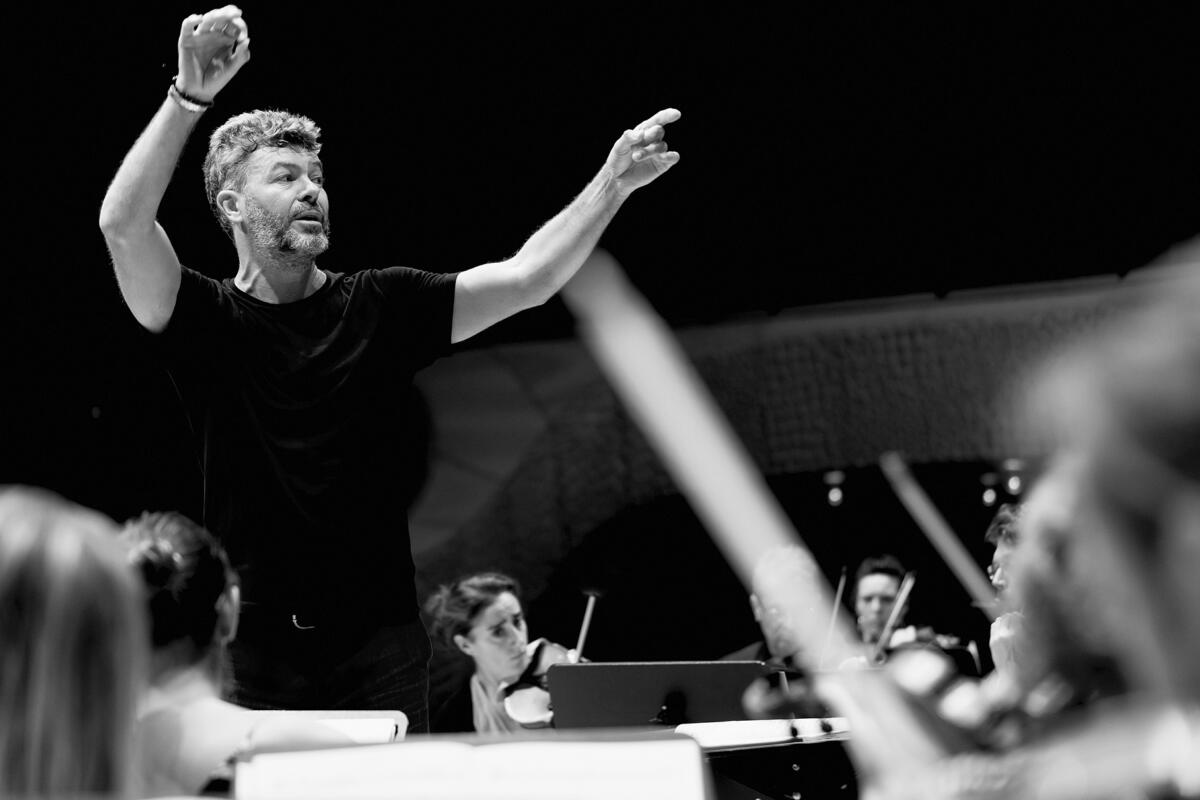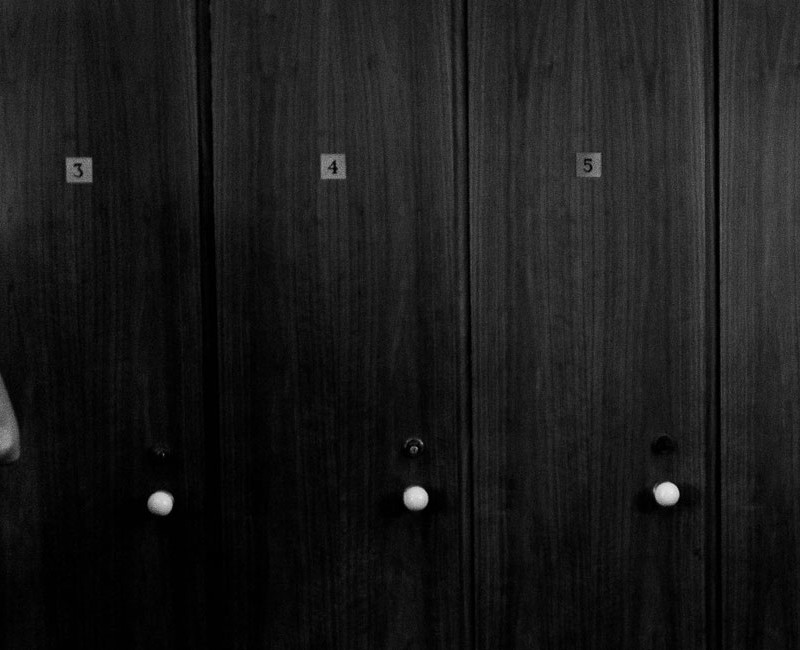
Searching for Bruckner, with Anima Eterna
sep 17, 2022
‘Simply carrying on a tradition, without thinking about it, kills art and is a sign of intellectual laziness’.
Fire, energy, generosity: those are the words most commonly used to praise the performances by Spanish conductor Pablo Heras-Casado. Notorious as an all-rounder, he has conducted both historical and modern orchestras all over the world for more than twenty years, performing repertoire ranging from Monteverdi to Stravinsky, and beyond. His collaboration with the Freiburger Barockorchester produced several much-discussed recordings, including Beethoven’s Ninth Symphony and Triple Concerto. His performances of Wagner’s Ring with the Madrid Opera in the last few seasons were highly acclaimed. With Anima Eterna, he begins a completely new chapter – new both for him and for the orchestra: stripping the Bruckner symphonies of their traditions and putting them back together, this time using historical instruments.
‘The combination of rigorous historical research, lively, open playing, plus their high level of technical precision: for a conductor that simply makes an orchestra hugely attractive’.
Bruckner’s symphonies have been waiting for Heras-Casado for some time. In the last few seasons, he worked intensively with historical ensembles on the repertoire that preceded Bruckner: Mendelssohn, Schubert, Schumann and Brahms. It was time to take the next step. Bruckner on historical instruments is an obvious choice for Heras-Casado: ‘if you work with historical instruments’, he says, ‘then you keep noticing that they are what bring out the most radical qualities of a piece more clearly. The music sounds “like new” again’.
‘You have to leave some room for uncertainty. Being able to surprise yourself is an enormously important element of creativity. I think that our Bruckner will probably sound more transparent than what you’re used to, with a certain lightness in the sound, but not in the message’.
For Anima Eterna as well, the Bruckner symphonies were a piece missing from their repertoire. What’s more, this was a piece for which Anima Eterna’s adventurous, historically informed approach could make a big difference, since many aspects of Bruckner’s musical world still have not been studied. Quickly it became clear where Heras-Casado would start his collaboration with Anima Eterna. From 2022 until 2025, they will perform Bruckner’s Seventh, Fourth, and Third Symphonies together, and record these same symphonies for the Harmonia Mundi label. The musician-researchers in the orchestra are already studying the period’s instruments and playing techniques as they prepare for this adventure, and Heras-Casado will ensure an exciting artistic experiment in the rehearsal hall.

